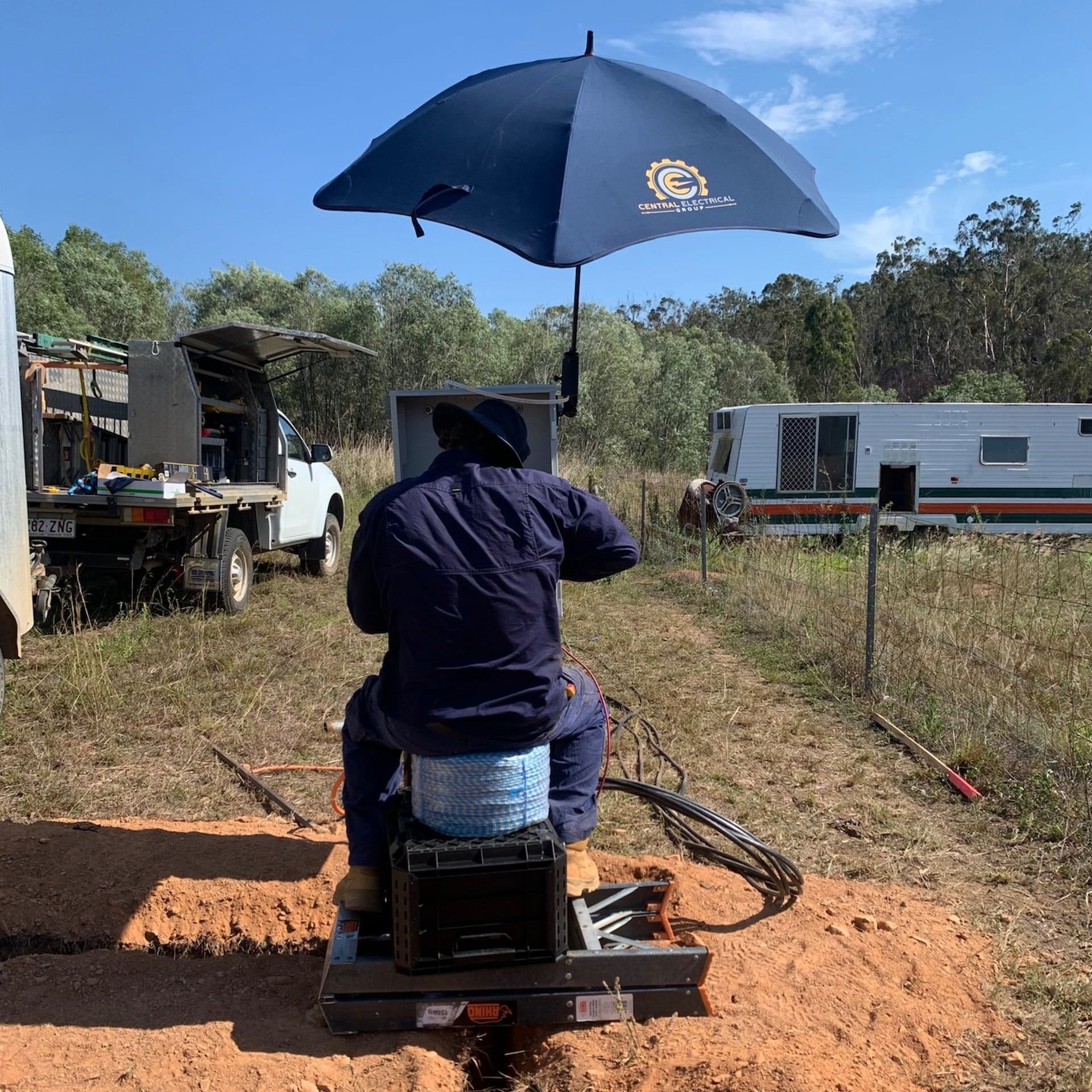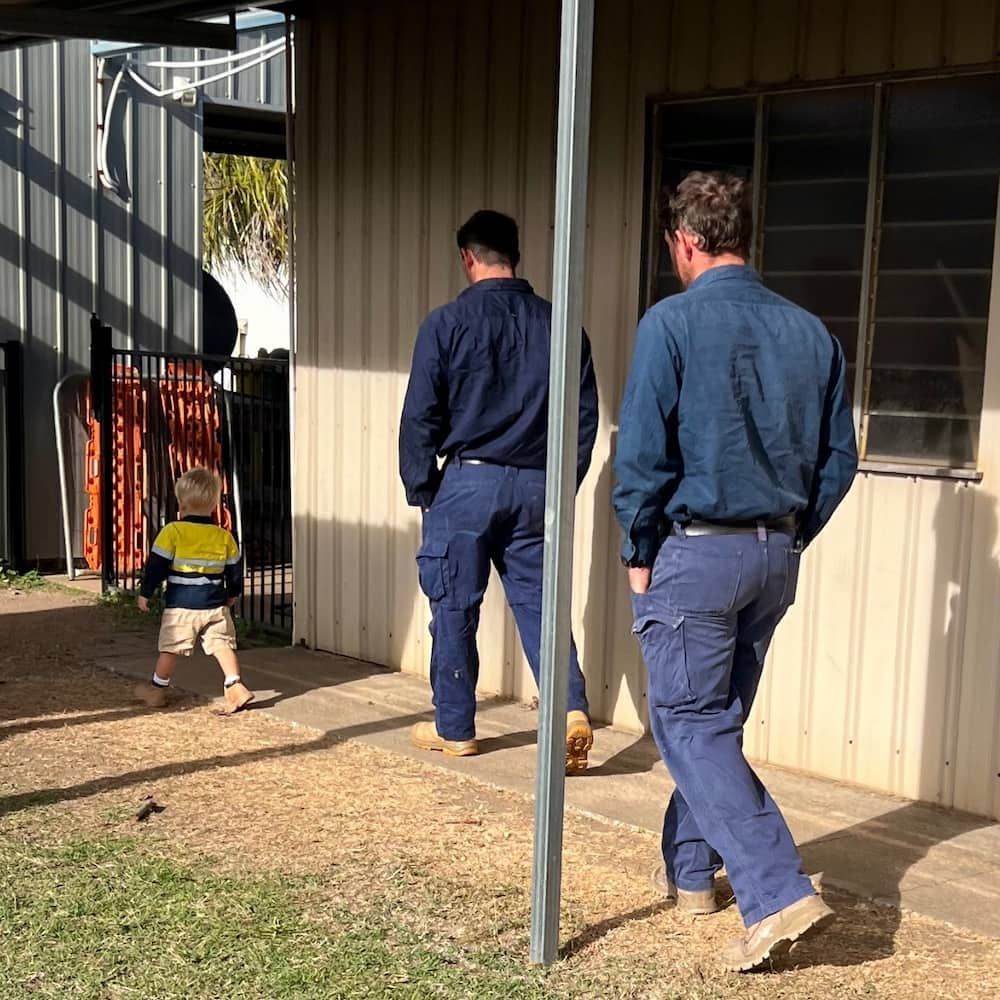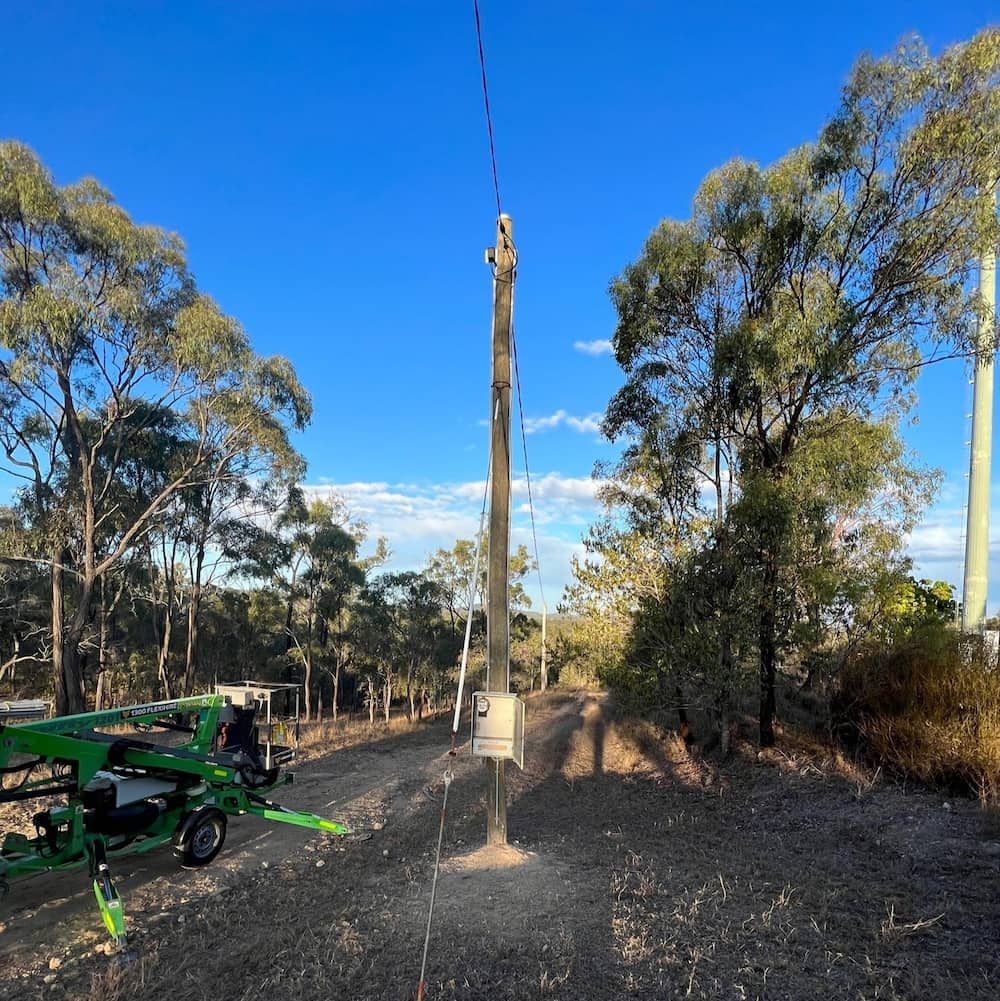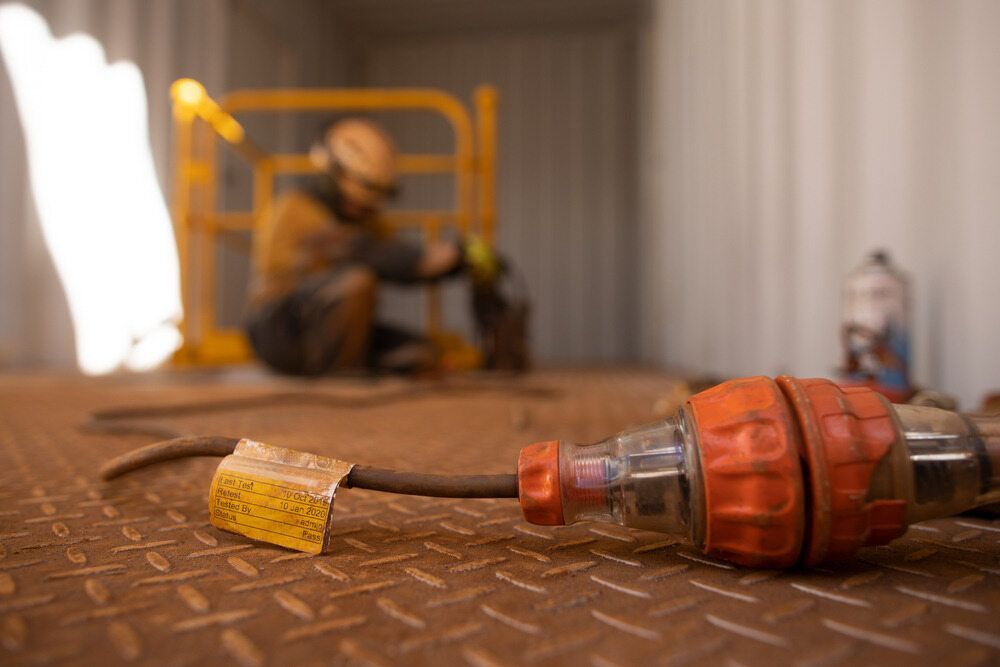Electrical Safety in Gladstone
- Licensed & Insured
- Upfront, Honest Pricing
- Fast Response Times
Meeting Industrial Standards
Gladstone Electrical Safety & Compliance
In industrial environments, electrical safety isn’t just about ticking boxes — it’s critical to protect staff, avoiding costly downtime, and meeting legal obligations. At Central Electrical Group, we help facilities across Gladstone, Agnes Waters, Biloela, Monto, Mount Larcom, Mount Morgan and Gracemere stay compliant with current regulations through professional inspection, testing and reporting services. Our experienced team knows how to navigate the requirements specific to larger sites and high-demand equipment.
We offer practical solutions for managing safety across control panels, switchboards, fixed wiring and portable appliances. Our services are backed by clear documentation and completed with minimal disruption to operations. For industrial sites needing reliable, regulation-ready support, give us a call on 0434 933 146.
Code-Compliant Testing
Detailed Safety Reports
Onsite Scheduling
Industrial-Focused Services
Risk Reduction, Compliance Ready
Electrical compliance in industrial settings goes far beyond standard safety checks. Our service includes the testing and inspection of fixed installations, equipment, safety switches, emergency systems and on-site wiring to meet workplace health and safety laws. We assess your systems for compliance with current Australian Standards, identify any immediate hazards, and provide a clear roadmap for rectification where needed.
From planned inspections to urgent on-site safety reports, we offer flexible service delivery that supports operations without interrupting them. Whether you're preparing for a scheduled audit, internal safety review or insurer inspection, we’ll help you feel confident that your systems are in line with required regulations. Reach out today to arrange a safety and compliance review tailored to your site.
Industrial Equipment Checks
Test & Tag
Test and tag services are essential for managing portable equipment on industrial sites. We inspect and test appliances, tools and machinery for electrical safety and tag them according to their test results and due dates. This helps reduce the risk of electrical faults, supports WHS compliance and keeps you audit-ready. Our team can complete large-scale tagging efficiently with minimal disruption to your worksite.
FAQ
Everything You Need To Know
What are the electrical compliance requirements for industrial sites?
Industrial sites must meet a range of electrical compliance requirements under Australian Standards (AS/NZS 3000 and related codes). These include regular inspection and testing of switchboards, wiring systems, earthing arrangements, and safety switches. Emergency systems such as exit lighting and shutdown controls must also be functional and correctly installed. Portable appliances typically require tagging and logging under AS/NZS 3760. Documentation and testing frequency may vary depending on your industry, site size and local WHS regulations.
How often should safety inspections be done in industrial facilities?
The recommended frequency varies based on the level of risk, type of equipment, and operational conditions. For many industrial sites, safety inspections are advised every 6 to 12 months, with more frequent checks for high-use equipment or critical infrastructure. If your workplace includes harsh environments (e.g. dust, moisture, vibration), shorter intervals may apply. Keeping a regular inspection schedule helps avoid hazards and supports ongoing compliance with insurance and workplace safety laws.
What happens if my site isn’t compliant with electrical safety standards?
Non-compliance can result in significant risks, including electrical fires, equipment damage, serious injury or legal penalties. If your site fails an inspection, corrective action must be taken to address hazards or bring installations in line with safety codes. This may involve repairs, upgrades or procedural changes. It’s also important to maintain accurate records of all completed works and future recommendations. Delaying action can compromise worker safety and expose your operation to regulatory fines or shutdowns.











